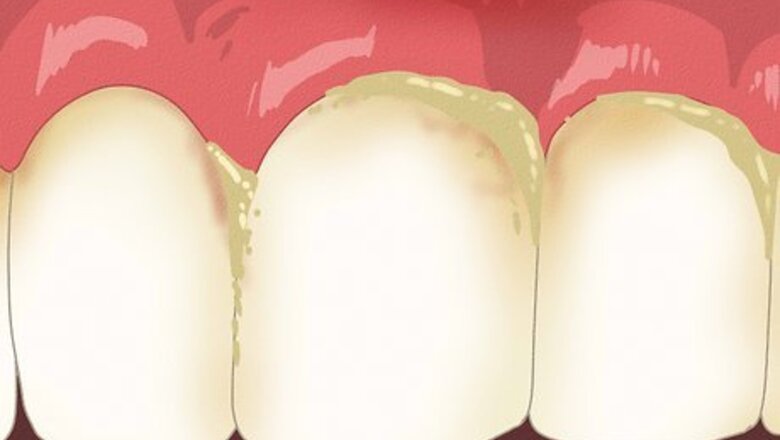
views
Causes of Itchy Gums
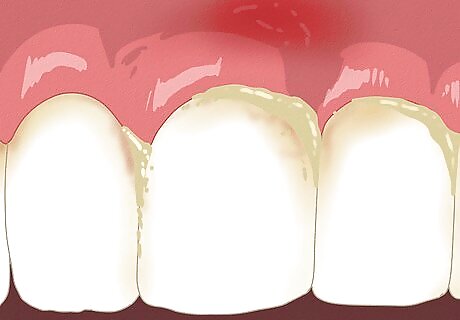
Plaque buildup. Plaque is caused by a buildup of bacteria in your mouth left over after eating. When enough plaque builds up, it can start to irritate your gums, or give them an itchy feeling. You may be able to see plaque in between your teeth or along your gum line—it looks like a white, chalky substance that’s hard to brush or floss away.
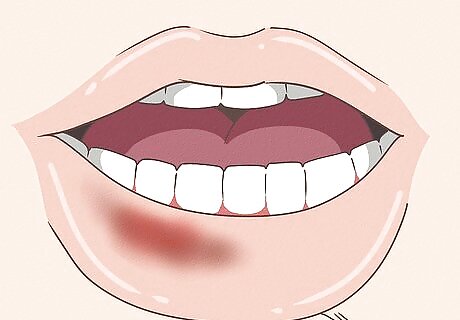
Mouth injuries. Cuts inside your mouth, even small ones, can irritate your gums and make them itch. If you recently bonked your mouth or cut your gums, your mouth might itch until everything heals. Be sure to keep the area clean, and rinse your mouth well to remove any bacteria or germs.
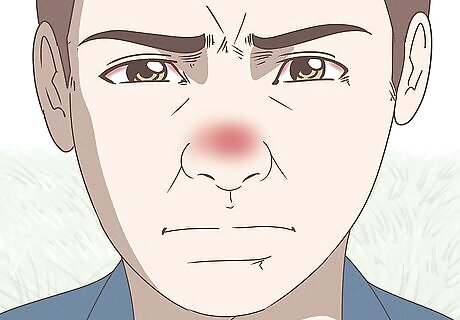
Allergies. Some allergic reactions can cause an itchy feeling inside your mouth and along your gums. Try to think about when your gums itch: do you only notice it after eating a certain food? If so, you may be allergic to it. Pollen allergies can also cause itchy gums. If you regularly experience a runny nose or itchy watery eyes during spring or fall, your itchy gums may be another symptom.
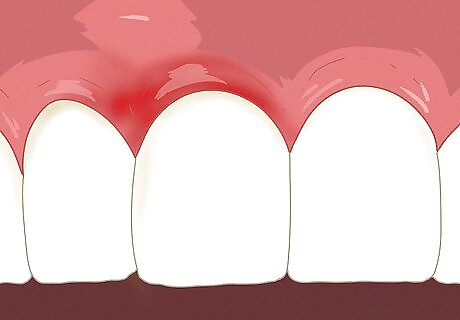
Gum disease. Gum disease, also known as gingivitis, is a common oral disease that affects the gums. It’s caused by a buildup of plaque, and it can cause itchy gums as well as other symptoms, like redness, irritation, and a receding gum line. If you think you have gum disease or your dentist has talked with you about it before, make an appointment right away. They can examine your gums and determine how best to treat you.
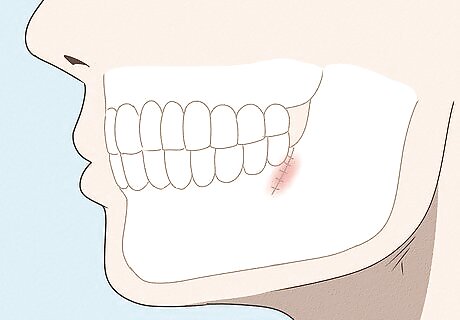
Healing from surgery. Healing often causes a feeling of itchiness or irritation. This is actually a good sign—it means that your body is working hard to heal your gums. If your gums feel itchy after surgery, rest assured that they’ll most likely go back to normal in a couple of days or weeks.
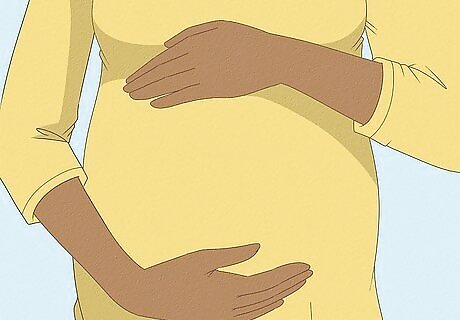
Hormonal changes. Many pregnant people experience sore, bleeding, or itchy gums during pregnancy. Unfortunately, pregnancy makes your gums more susceptible to plaque buildup, which could be causing your itchy gums. If you’re experiencing morning sickness, be sure to rinse your mouth out well after you throw up. The acid in vomit can weaken your teeth and your gums, leading to more gum problems.
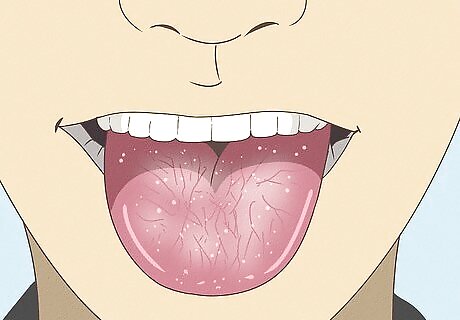
Dry mouth. Some medications and illnesses can cause dry mouth, meaning your salivary glands aren’t producing enough saliva. One component of this is itchy gums, which you may experience along with bad breath, difficulty chewing, or a changed sense of taste.
Using Home Remedies
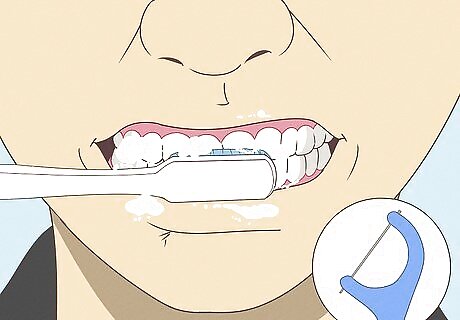
Brush and floss twice a day. Keeping your mouth clean is essential in easing itchy gums. Brush your teeth twice each day, and floss and clean your tongue once a day. Rinse your mouth after every meal to get rid of food particles and bacteria.
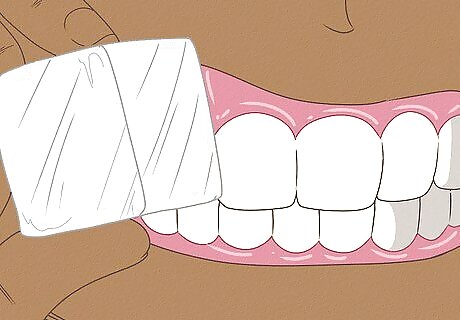
Suck on ice to soothe and numb your gums. One easy way to help reduce itchiness is to rub a piece of ice onto your gums. Not only will the coldness help reduce inflammation, but it will keep your mouth hydrated and prevent further itching. Not a fan of ice cubes? Try popsicles or other frozen foods.
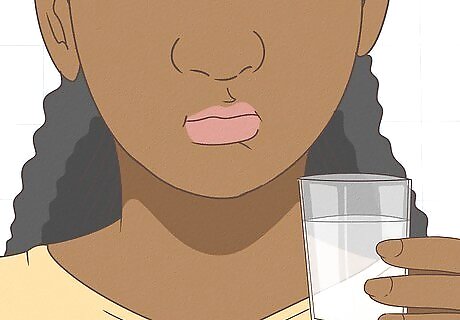
Gargle with saltwater to reduce inflammation. Add 1 teaspoon (5 g) of salt to 8 fl oz (240 mL) of warm water and let it dissolve. Swish the water around in your mouth, focusing on your gums. After about 30 seconds, spit the water out. Try not to swallow saltwater, since it can make you sick.
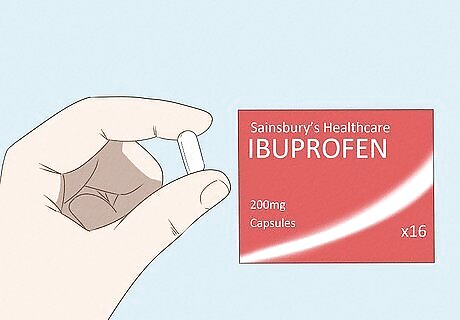
Take an OTC pain reliever. Pain relievers help reduce inflammation and irritation. Grab an over-the-counter pain reliever, like ibuprofen, and follow the dosage information on the bottle. If you are experiencing an allergic reaction, try an antihistamine instead.
Medical Treatments for Itchy Gums
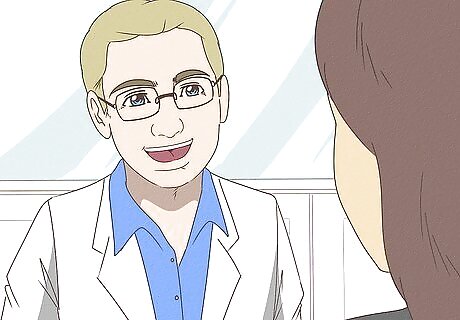
See a dentist to treat any underlying conditions. If you’ve tried home remedies and nothing is working, make an appointment with your dentist. They can take a look at your mouth and tell you exactly why your gums are itchy and how to treat it. Let your dentist know any medical conditions you have and the medications you are taking. In some cases, medications and illnesses can contribute to itchy gums.
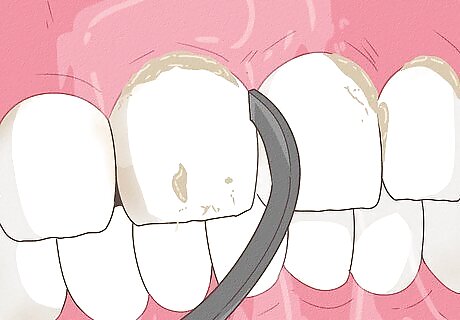
Get a dental cleaning. If you have plaque buildup on your teeth, a normal dental cleaning will take care of it right away. Schedule an appointment with your dentist, and be sure to see your dentist at least twice a year to get regular cleanings. Your dentist may recommend coming in more often for cleanings if you’re susceptible to plaque buildup.
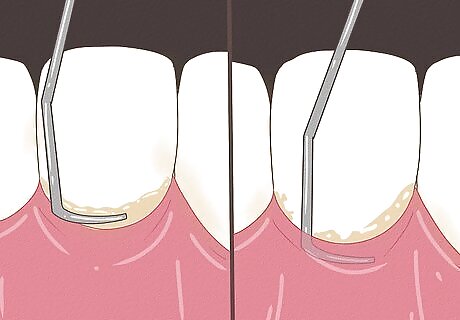
Do plaque scaling to remove plaque below the gum line. When you have plaque below the gum line, it’s almost impossible to get it out with a toothbrush alone. If your dentist notices a lot of plaque, they will often perform plaque scaling, which is done with an electric tool. Plaque scaling is slightly more intense than a regular dental cleaning, and it may take a little longer than a regular appointment. Plaque scaling is often followed by root planing, or the smoothing out of your teeth roots. This helps the gums reattach after plaque scaling. Depending on the severity of your plaque, this could take more than 1 visit, and you may need local anesthesia for pain.
Preventing Itchy Gums
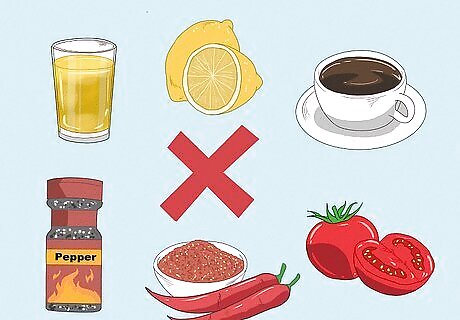
Limit spicy and acidic foods. Spicy and acidic foods often irritate gums, which can make the itching worse. Try to stay away from anything spicy or acidic, at least until your gums heal. Be aware of trigger foods that make your itchiness worse. These may be the signal of an oral allergy. Foods and drinks like tomatoes, lemons, orange juice, and coffee may make your itching or any inflammation worse.
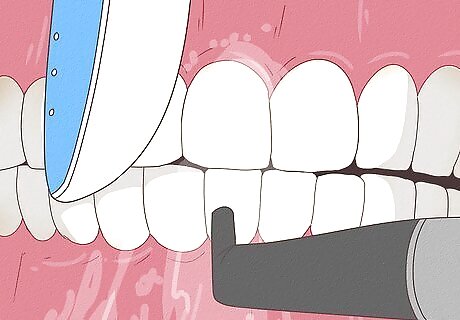
Schedule regular dental cleanings. Plaque and tartar are a huge cause of itchy gums, as well as other irritating issues. Be sure to see your dentist at least twice a year for regular cleanings, or more often if they recommend it.
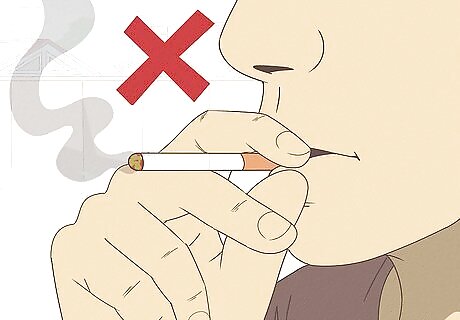
Quit smoking. Smoking tobacco products can make itching and gum irritation much worse. If you smoke, try to quit smoking right away to keep your mouth healthy and reduce inflammation. If you chew tobacco, try to quit that as well.



















Comments
0 comment